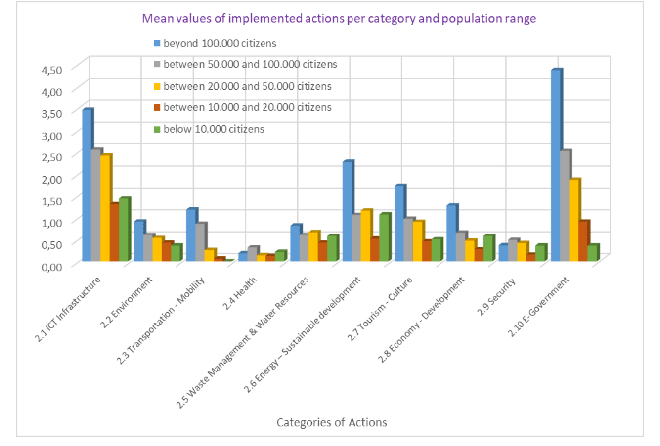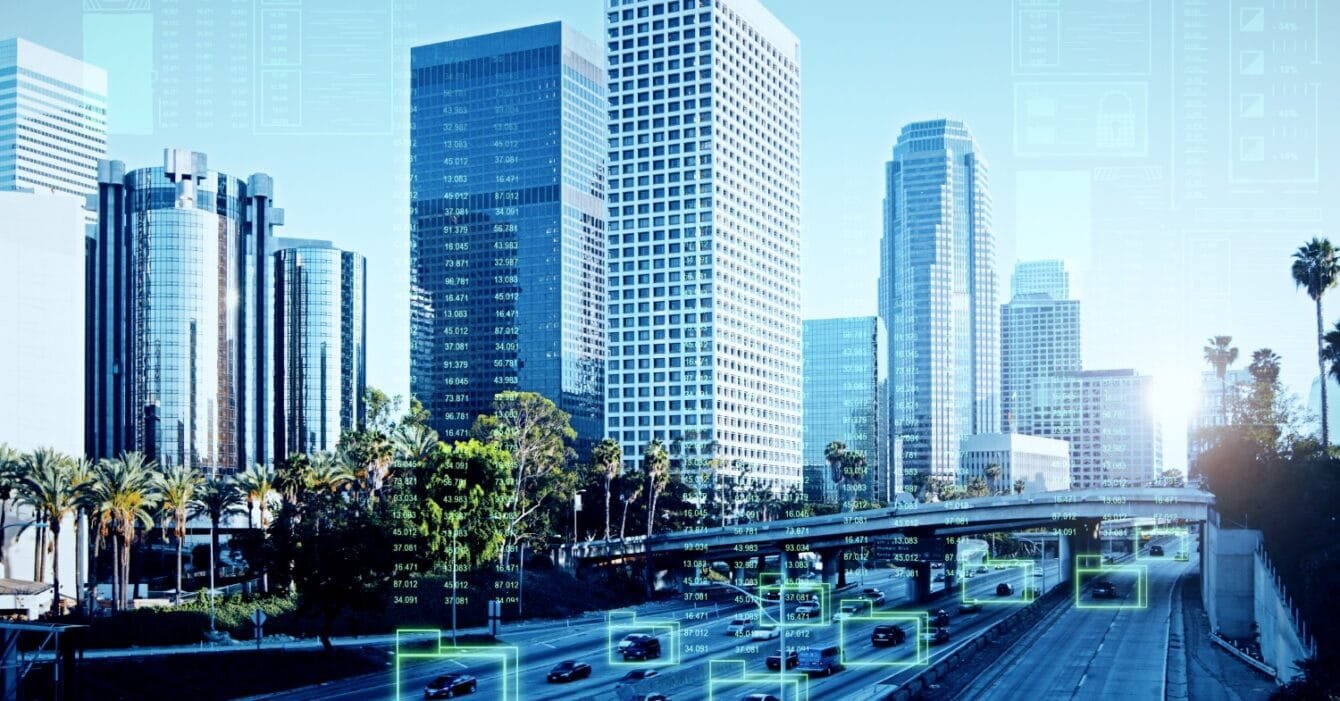By 2050, nearly 102 million Filipinos are expected to live in cities, almost doubling the current urban population. This rapid urbanization creates opportunities but also intensifies challenges like traffic congestion, pollution, and inadequate infrastructure. To address these issues, the country has embraced Philippines Smart City Projects, aiming to improve urban living through innovative technologies and sustainable development.
Philippines Smart City Projects: Massive Investments for a Smarter Future

The Philippine government has committed $26 billion—approximately 5.7% of the country’s GDP—toward infrastructure development in 2024. This is part of the national strategy to modernize cities and prepare them for the growing demands of urban populations. From transport systems to energy-efficient utilities, this investment sets the foundation for smart city innovations.
On a more localized level, 70% of urban local government units (LGUs) are actively planning Philippines Smart City Projects. In fact, 61% already have initiatives underway, focusing on areas like traffic management, waste reduction, and public safety.
A Digital Divide: Challenges in Implementation
While the ambitions are clear, challenges remain significant. According to a recent study, 59% of urban areas lack sufficient digital infrastructure, and 57% of LGUs face a shortage of technical expertise. These gaps hinder the implementation of smart technologies and delay progress.
Metro Manila’s ranking in the 2022 Digital Cities Index further underscores these challenges. Scoring only 39.1 out of 100, it fell far below the global average of 63.3, highlighting the urgent need for stronger digital systems and policies. These shortcomings threaten to slow the Philippines’ progress toward becoming a leader in smart city development.
However, there is an opportunity to leverage the country’s high level of digital engagement. Filipinos spend an average of 10 hours and 27 minutes per day on social media, showcasing their readiness to adopt new technologies. By aligning Philippines Smart City Projects with this digital behavior, the Philippines can foster greater public participation and support.
Innovative Philippines Smart City Projects in Action
Despite the challenges, several pioneering projects are already improving urban living in the Philippines. In Dasmariñas, an intelligent urban surveillance system is helping manage traffic congestion and enhance public safety. Using data-driven insights, the system reduces delays and ensures safer roads for residents.
Similarly, in Baguio City, the MINERVA project stands out for its use of artificial intelligence and data science to address environmental concerns. By analyzing urban data, the project enhances tourism management and improves air quality. These examples highlight how technology can solve specific urban problems while boosting overall livability.
Beyond individual cities, nationwide policies are being crafted to support these innovations. Around 56% of LGUs have already established frameworks for smart city development, demonstrating a structured and forward-thinking approach.
Why Philippines Smart City Projects Matter
The significance of Philippines Smart City Projects lies in their ability to address both current and future challenges. They create sustainable solutions for urbanization, reduce environmental impact, and enhance public services like transportation, healthcare, and education. For a country like the Philippines, where urban populations are growing rapidly, these projects are no longer optional—they are essential.
A Vision for the Future
While Philippines Smart City Projects are gaining momentum, success will depend on overcoming existing barriers. Continued investments in digital infrastructure, enhanced training for technical competencies, and policies that promote collaboration between stakeholders are crucial steps. By addressing these gaps, the Philippines can ensure its smart city projects achieve their full potential.
As urbanization continues, the Philippines has an opportunity to redefine what it means to live in a city. Through Philippines Smart City Projects, the country can create urban environments that are not just livable but exemplary, providing a blueprint for other nations to follow.

